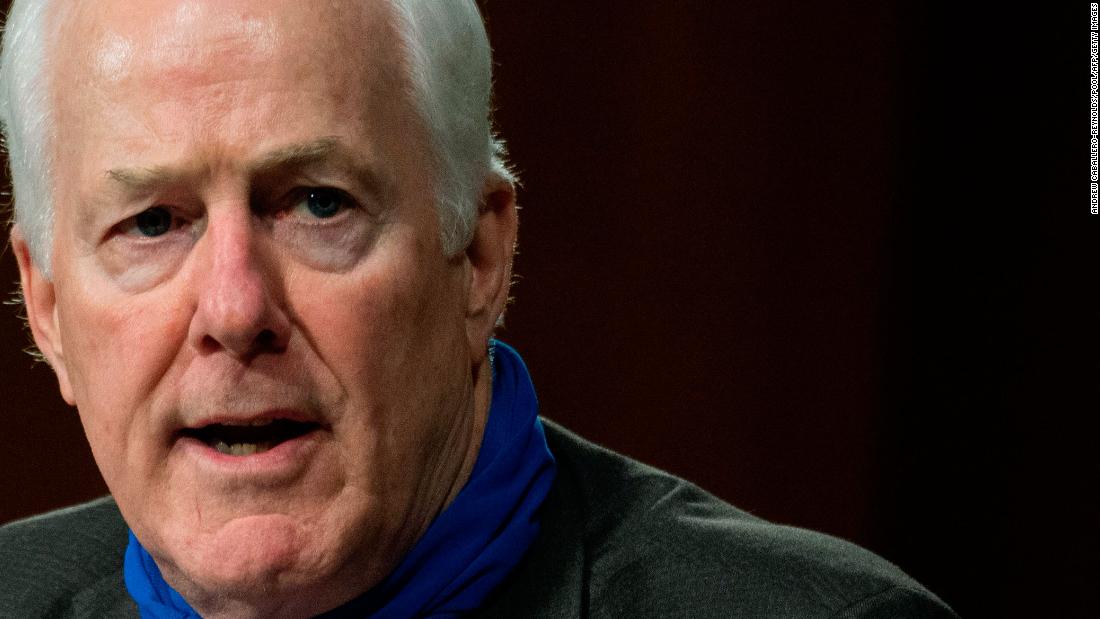“It’s all about TV commercials,” said Texas Republican Senator John Cornyn. “Making people responsible for their votes. There is not much they can do if they are determined to stay together, there is nothing we can do to change the outcome. If they really want to do that, they will probably succeed.”
Unlike the last vote-a-rama, in which the amendment votes did not have the power of the law, the vote-a-rama ahead will be a real opportunity to change the underlying bill. Any amendment needs only 51 votes to pass, but there is a problem. At the end of the process, Senate majority leader Chuck Schumer can introduce a final amendment that would remove any changes to the bill. This is exactly what Schumer did last time to ensure that the underlying bill was intact. Still, Schumer urged Democrats to vote privately against the Republican amendments that come up and not share the caucus.
“I hope we can get some amendments to the bill that make it better, but also in the end, I hope we don’t see another replacement amendment that completely undoes what the Senate had agreed,” Sen. Deb Fischer, a Republican from Nebraska, said.
In his private conversation with Senate Democrats on Tuesday, Biden asked that his caucus remain on the line. But the amendments tabled in the next 48 hours will put Democrats in a difficult position not only to remain united, but also to remain consistent. Last time, several amendments were approved with Democratic support, including one that allowed the construction of the Keystone XL gas pipeline to continue. Another amendment to prevent high-income people from receiving stimulus payments has been passed with overwhelmingly bipartisan support. And a group of eight Democrats voted “yes” on an amendment that would have banned immigrants in the country from receiving stimulus checks.
“The best campaign ads are those about how a politician was in favor of something before he was against it,” a Republican senator told CNN of the strategy planned ahead.
“Sanders created the most difficult vote for Democrats,” a Democratic aide told CNN.
Democrats are still working to finalize their relief bill in the next 24 hours, with a number of outstanding issues, from increasing funding for broadband to including money for rural hospitals through the provider’s assistance fund yet. pending. Several advisers familiar with the negotiations are still optimistic that the legislation will be submitted for consideration on Wednesday. When that happens, there will be 20 hours of debate before the vote-a-rama.
